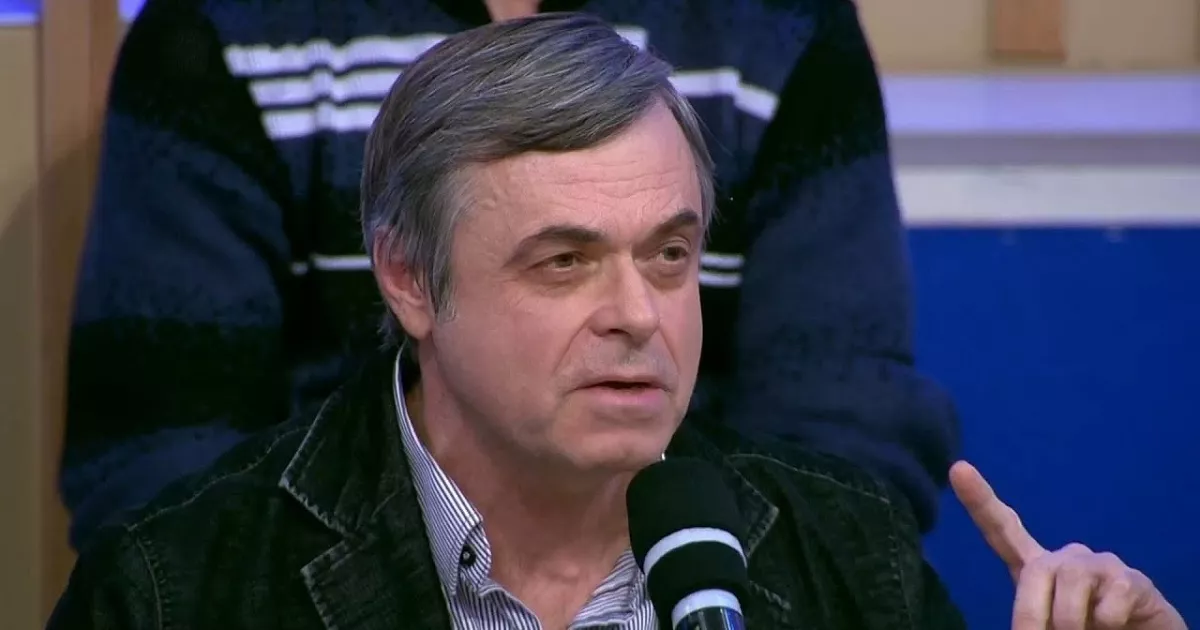"Iran is left alone in its confrontation with Israel" Expert insights
The conflict between Israel and Iran has crossed all red lines, with both sides trying to inflict maximum damage on each other. While it is clear that Israel’s strikes follow a well-defined plan with specific priorities, Iran, caught off guard, is developing its counterstrike strategy on the go—though evidently based on preexisting scenarios.
How will the situation develop further? Will Israel continue its attacks, and how prepared is Tehran to respond? Foreign experts shared their views on these questions with Caliber.Az.
According to Russian journalist, Middle East expert, and member of the Russian-Azerbaijani Intergovernmental Expert Council Sergey Strokan, although Prime Minister Benjamin Netanyahu claims he aims to resolve Iran’s nuclear issue—particularly to prevent the creation of nuclear weapons—the situation carries a much deeper political context.

"By and large, this is, so to speak, an attempt to initiate the dismantling of the state project known as the 'Islamic Republic of Iran,' and the stakes here are much higher. It is quite clear that even if Iran’s nuclear potential is destroyed, the country will not cease to exist. Through its proxies—weakened but still operational—Iran will be able to continue inflicting some level of damage on Israel and its allies even after the active phase of confrontation ends.
Therefore, in my view, what we are witnessing now is not merely a series of strikes on nuclear and military sites. It is a public blow—before the eyes of the entire world—against the political and military status of the Islamic Republic of Iran, with far-reaching consequences, including plans to destabilise the country from within. Perhaps not immediately, but eventually. After all, Iran is a much more complex and fragmented society than it may appear at first glance."
“Moreover, in the Islamic Republic, we can currently expect a surge of patriotic and anti-Western sentiment, a consolidation around the leadership, and so on. However, after some time, reverse processes may begin to unfold, as Iran’s internal political problems come into play—particularly a society that has grown increasingly dissatisfied with the actions of the Iranian authorities in recent years. Economic difficulties will also start to have a negative effect, given that Iran’s economy has been weakened by ongoing sanctions,” the expert said.
According to Strokan, when looking at the long-term picture, this is a blow to the very foundations of the Islamic Republic of Iran—one it is unlikely to withstand, as it has effectively failed to respond in full, both militarily and politically. For instance, it has not managed to launch any sanctions campaign against Israel or form an anti-Israeli coalition.
“The most Iran can expect from the international community and its partners right now is simply expressions of support, condemnation of Israel’s actions, calls to respect international law, return to dialogue, and so on. But it is quite clear that no one will enter into a confrontation with Israel on Iran’s behalf. Not even Russia—Tehran’s strategic ally—is going to fight for it. The Russian Federation has only issued political condemnation. So, everything that is happening now represents a major moral and political trauma for Iran,” the expert concluded.
Yes, the Islamic Republic of Iran still has options to retaliate against the anti-Iran coalition—for example, by closing the Strait of Hormuz or attempting attacks on U.S. bases and other targets. But it is clear that any further retaliatory moves by Iran would come at an even greater cost. Tehran understands this and is prepared to respond to Israel’s actions, but it does so with its hands and feet tied—burdened by the heavy weight of its own internal problems,” the expert said.
Strokan also touched on the role of Azerbaijan amid the conflict between Israel and Iran, noting that such crises are always a test for neighbouring countries. In this context, Azerbaijan—importantly—has demonstrated itself to be a responsible player, doing everything possible to minimize the consequences of a major fire burning near its borders.
“The measures taken by Azerbaijan to evacuate from Iran representatives and citizens of various countries—including 51 musicians of the Grand Symphony Orchestra, as well as around 90 individuals such as actors and cultural figures from Russia and other nations, among them People's Artist of Russia and director Fyodor Bondarchuk—are a vivid example of this. And despite the anti-Azerbaijani information provocations appearing on social media, we see that Azerbaijan, through its actions, is demonstrating how countries with a sense of global responsibility should behave,” S. Strokan concluded.

For his part, Roman Gurevich—Honorary Ambassador of the Jewish Agency for Israel (Sokhnut), Israeli political analyst and journalist—emphasised that Israel’s decision to strike Iran was not impulsive.
“It is important to understand that this attack was carried out because Israeli intelligence obtained concrete documents—not rumours, not speculation, not newspaper articles, but actual Iranian documents. These documents stated explicitly that once Iran developed nuclear weapons—which it was rapidly moving toward—it would attack Israel. Therefore, this was a defensive, preemptive strike against those who have repeatedly vowed to destroy Israel.
The Israeli Air Force conducted an operation that demonstrated the outstanding capabilities of its aviation, completely suppressing and destroying Iran’s air defence systems. Technologies were used that blinded Iran’s air defence and air force. Iranian jets attempted to take off but could see nothing. Precision strikes were delivered on nuclear weapons development sites. All of this was backed by meticulous preparation from Israeli foreign intelligence, as a significant part of the operation’s success was made possible thanks to information gathered by Mossad,” Gurevich explained.
The drones took off from inside Iran itself and struck air defence systems and other targets, which meant Israel knew exactly when and where to hit. It’s no easy task to eliminate nearly the entire top brass of the Iranian military and the Islamic Revolutionary Guard Corps (IRGC). But disinformation was planted, leading to the gathering of the top Air Force command in a single location—and that was precisely where the strike was delivered.
“This was a major, complex operation that had been in the works for a long time. And I want to emphasize once again—it was carried out to protect the very existence of the State of Israel. We were simply left with no other choice,” Gurevich said.
Nevertheless, he noted, it’s clear that Iran still retains missile capabilities that will be used against Israel.
“Iran is a huge country. Even after the most intense bombings, it still has dozens of launchers and thousands of ballistic missiles. So yes, launches will continue. Everyone understood that. That’s why Israel was in a state of full readiness, awaiting a retaliatory strike. The first thing the Iranians launched was a swarm of 100 drones, all of which were destroyed before they could reach Israeli territory. Then came the ballistic missile launches. In total, Israel endured several waves of aerial attacks from Iran—several hundred missiles were launched, and fewer than ten managed to land in various parts of the country.
People ask me: ‘How could you let even a few missiles through?’ I explain: if over 200 missiles were launched at Israel and only a handful got through, that’s a remarkable success for Israel’s air defence system, which neutralised over 90% of the incoming missiles.”
“I believe Israel will continue to act with extreme force—targeting any and all threats in Iran,” the expert emphasised. “The Islamic Republic has been warned: if you keep launching missiles and there are casualties on our side, we will strike your economy. It’s entirely possible that such a response could come very soon.”
He also noted that the Israeli public is following the instructions issued by the Home Front Command, and that life and work in the country continue as usual. In his assessment, there has been no significant damage to Israeli cities, and the people of Israel are trained, calm, and resilient.
“What’s troubling is that Iran’s ‘friends’—including Armenian ones—are actively spreading disinformation. They’ve been peddling ridiculous fabrications, like a missile supposedly hitting a high-rise in Tel Aviv that allegedly housed Israeli aircraft and submarines. They even include fancy blueprints. There’s no shortage of fakes. In this department, both Iranians and Armenians are seasoned pros. But Israel is fine. Israel is strong. Israel knows how to defend itself. And the people of Israel clearly see who their true friends are,” Gurevich concluded.








